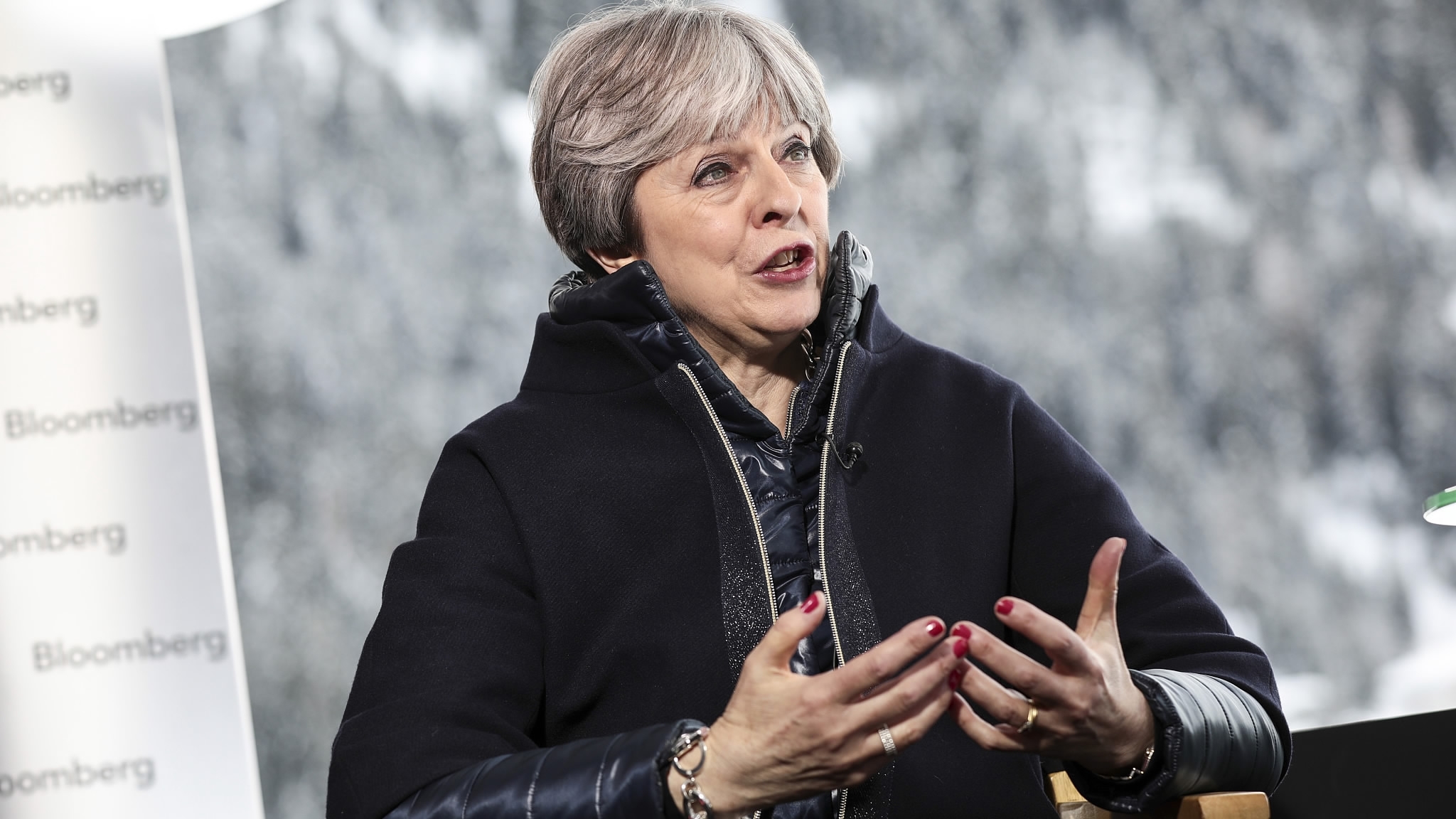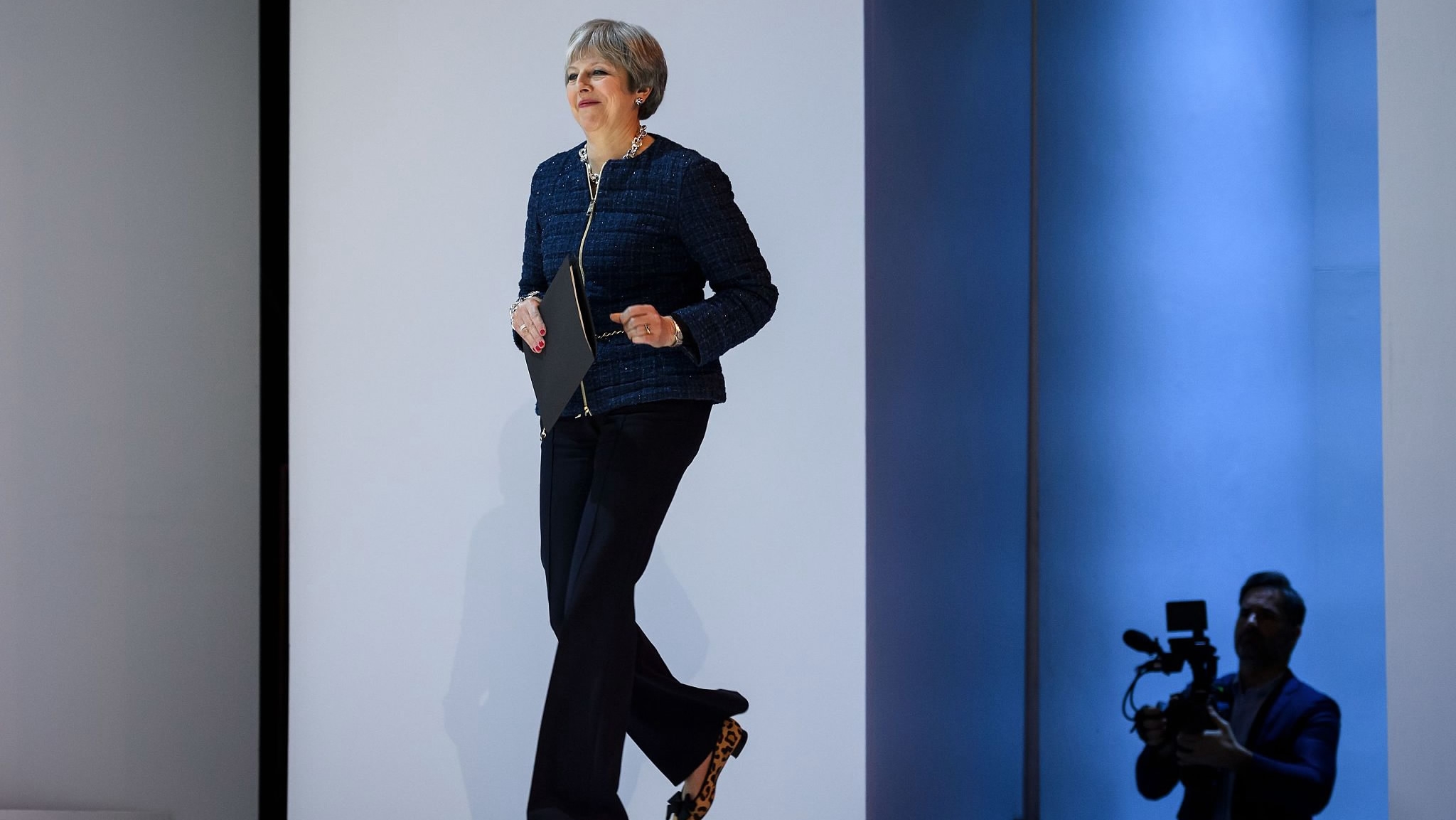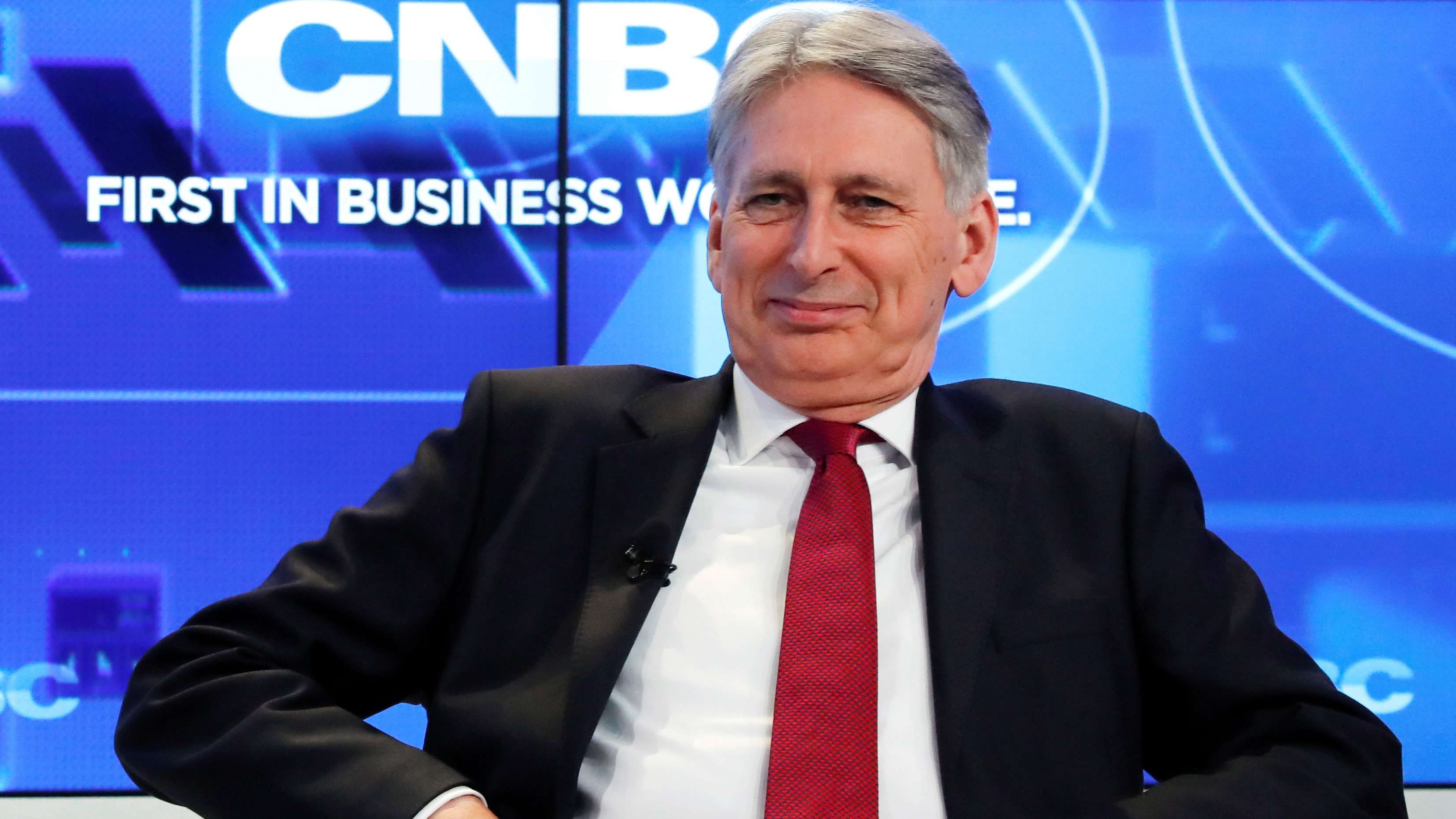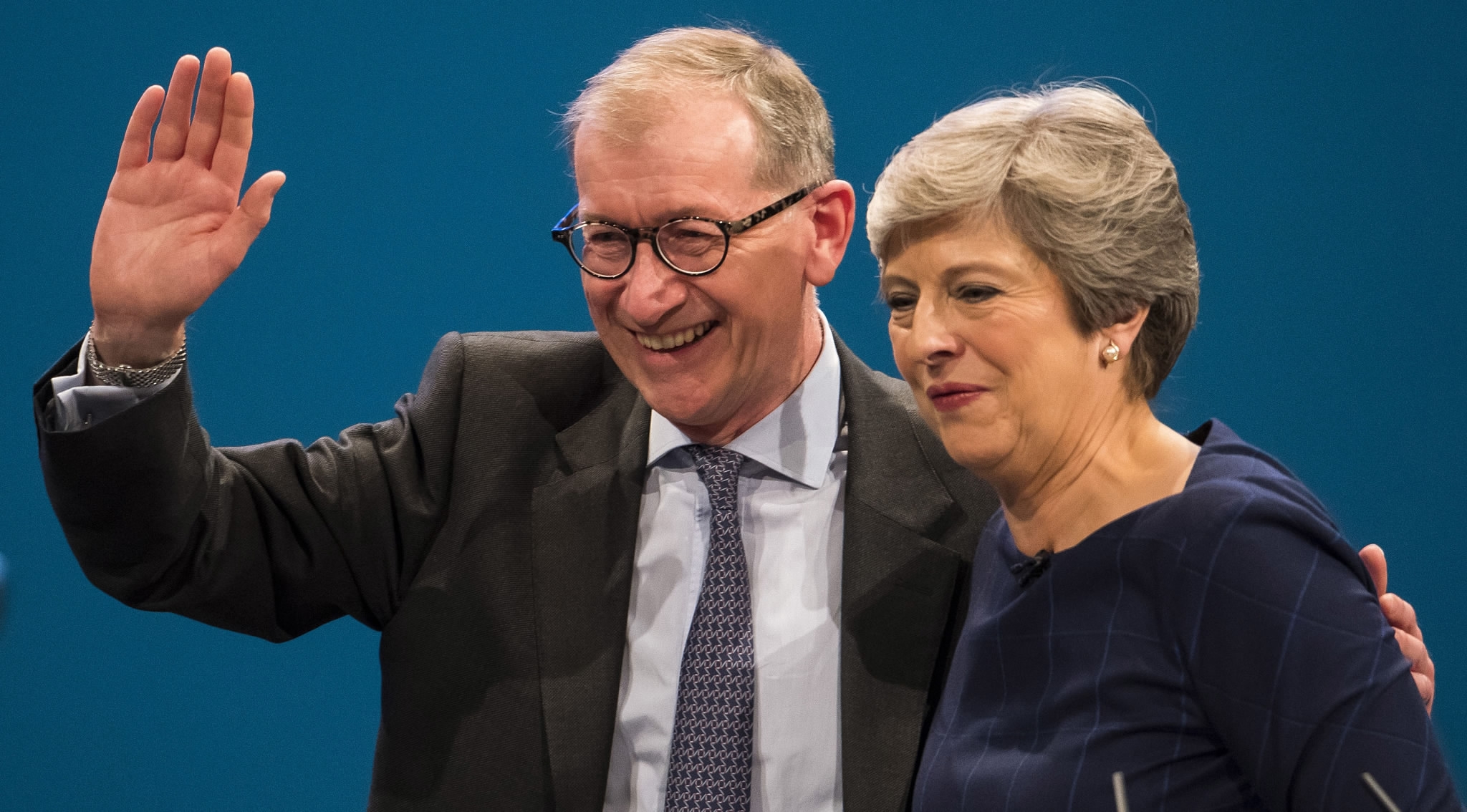
Politics
15:45, 30-Jan-2018
British PM May under domestic pressure ahead of China trip
By John Goodrich

Theresa May arrives in China on Wednesday under renewed domestic pressure to outline her vision for the future of Britain, with discontented voices from within her own Conservative Party urging her to speak out or prepare to step aside.
The British prime minister has faced criticism in recent days of both her domestic agenda and her approach to Brexit, but will see her trip to China – a key trading partner – as an opportunity to present her vision for post-Brexit Britain’s role in the world.
Brexit means…
May inherited a task that would challenge any leader when she succeeded David Cameron as prime minister in 2016 – dealing with the aftermath of Britain’s decision to leave the European Union.
The prime minister’s mantra in her first year in office was “Brexit means Brexit,” but that lack of specificity has enabled lawmakers and ministers from within her own party to paint their own, often competing, views of the country’s future.

British Prime Minister Theresa May addressed the World Economic Forum on January 25 in Davos, Switzerland. /VCG Photo
British Prime Minister Theresa May addressed the World Economic Forum on January 25 in Davos, Switzerland. /VCG Photo
May has previously said that Britain will leave the single market and the customs union, a stance that would allow the country to strike individual trade deals with countries such as China and US but force it to dramatically renegotiate its relationship with the EU.
The EU on Monday agreed guidelines allowing Britain a two-year transition after its March 2019 exit, during which it could stay in the single market and the customs union but would have to implement all EU laws without having any say on their development.
Read more: Britain a 'natural partner' on Belt and Road
Hardline Brexiteers are suspicious that the proposed transition period, which May believes is a necessary phased withdrawal, could be a forerunner to continuing a relationship with the EU that changes little.
When Chancellor of the Exchequer Philip Hammond suggested at the World Economic Forum in Davos last week that Britain’s relationship with the EU would mean "very modest" changes, several of his colleagues called on him to be sacked.

Britain's Chancellor of the Exchequer Philip Hammond. /Reuters Photo
Britain's Chancellor of the Exchequer Philip Hammond. /Reuters Photo
May was hit by the leak of a government economic impact report on Tuesday, meanwhile, which suggested that Britain would be worse off under any deal with the EU than it would be as a member of the bloc.
The report, published by Buzzfeed, suggested growth would be down eight percent over 15 years if no deal was reached, five percent under a comprehensive free trade agreement and two percent if single market access was retained in a "soft Brexit."
No defense, no attack
May began her premiership in July 2016 with a well-received promise to build a country that “works not for a privileged few, but for every one of us,” but her gamble on a snap general election one year later backfired. She lost her majority in parliament, and was forced into an alliance with small Northern Irish party the DUP which has complicated Brexit negotiations.
The prime minister attempted to reassert authority with a New Year reshuffle, but that was undermined when two senior ministers refused to move. One remained in post, the other resigned.
In recent days, May has endured fresh criticism sparked by Conservative MP Nick Boles accusing his government of “timidity and lack of ambition,” sentiments echoed by several other lawmakers. The prime minister’s former chief of staff Nick Timothy this week accused her of “strategic confusion.”

British Prime Minister Theresa May with husband Philip, who is expected to join her in China this week. /VCG Photo
British Prime Minister Theresa May with husband Philip, who is expected to join her in China this week. /VCG Photo
Fifteen percent of Conservative MPs would be needed to trigger a vote of no confidence in May, and around 40 of the 48 required are reported to have called for a vote – but there appears little appetite to pull the trigger.
“There is no one defending her but no plot to oust her. It’s the worst of all worlds,” a senior Conservative told The Times.
Liam Fox, the international trade secretary who will join May in China along with a large business delegation, told Bloomberg that critics would “foolish to do anything to destabilize the government and the prime minister.”
May and October
Two key dates lie ahead for the British leader: challenging local elections in May, including in all 32 London boroughs, and the deadline to complete trade negotiations with the EU in October.
“Give her the opportunity to negotiate the best deal we have,” Conservative grandee John Whittingdale said this week. “Let’s see what comes out of that. We can then address issues of leadership after that.”
As Brexit negotiations enter a new stage both with the EU and within the Westminister parliament, May is under pressure to build on the “huge opportunities” she sees in China and detail a vision for “global Britain” that her party can rally behind.

SITEMAP
Copyright © 2018 CGTN. Beijing ICP prepared NO.16065310-3
Copyright © 2018 CGTN. Beijing ICP prepared NO.16065310-3